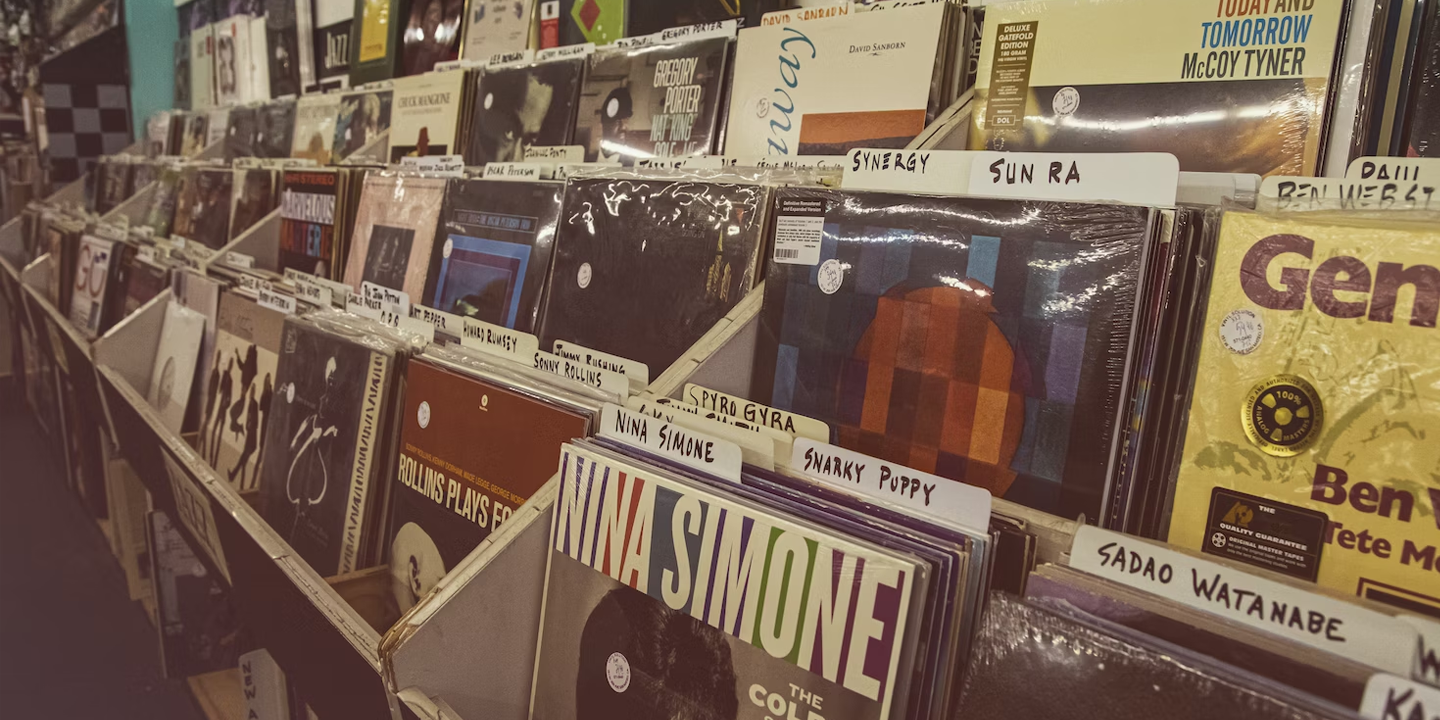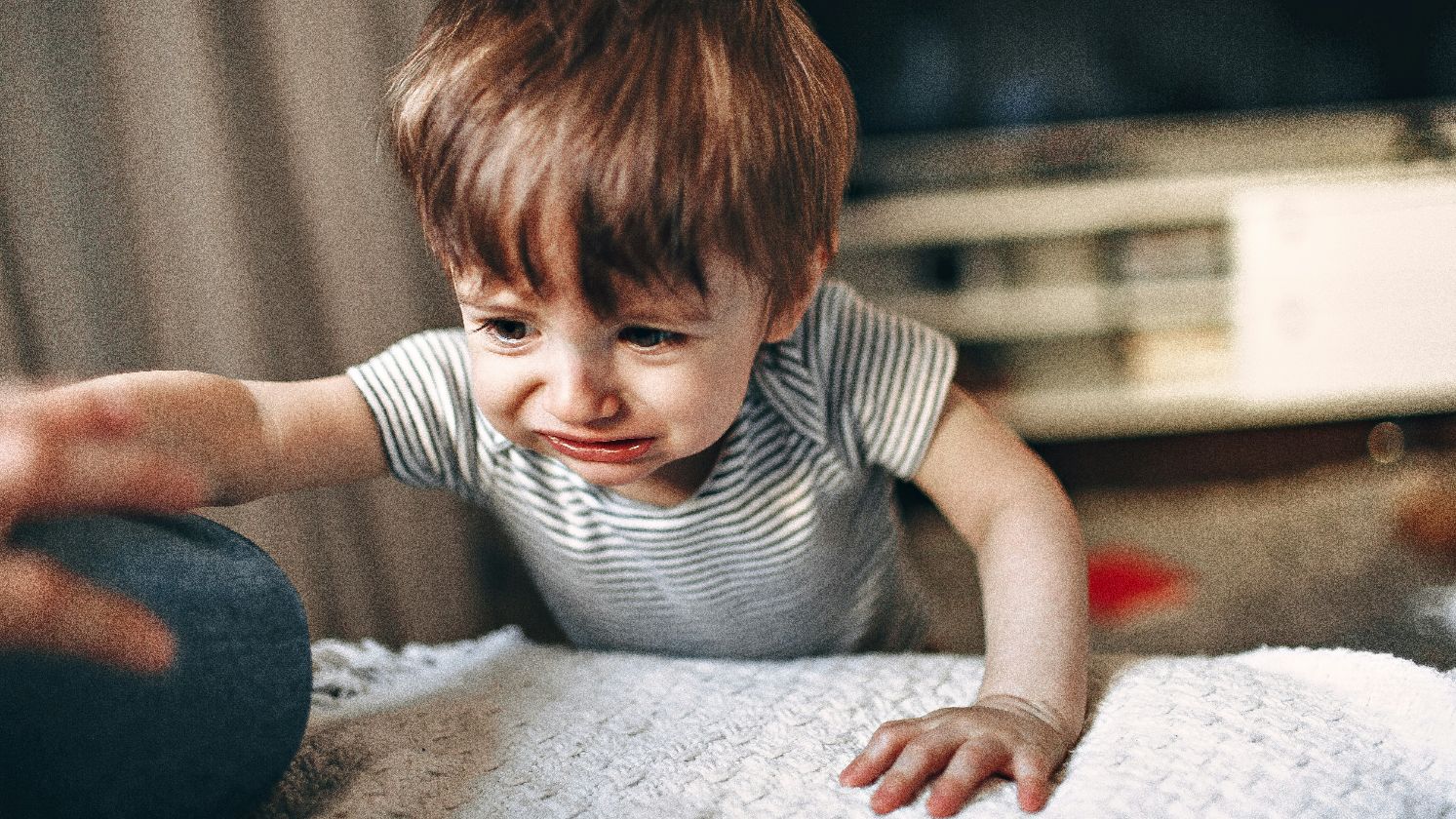The Simple Curiosities That Lead Into The Unknown
Children ask the most profound questions with a gentle innocence that feels disarming. They don’t hedge or soften. They just look up and say the thing you’ve long avoided thinking about. Their questions arrive suddenly like small thunderclaps. You’ll be driving them from home, helping them brush their teeth at night, or they’ll be mid-bite at the dinner table, and suddenly you’re having to explain the mysteries of the universe. We try to answer, but words fail, and our high school science knowledge falters. Here are twenty questions that remind us that for all our education and certainty, we still live surrounded by mysteries.
 Xavier Mouton Photographie on Unsplash
Xavier Mouton Photographie on Unsplash
1. Why Do People Have To Die?
It’s the question that stops every conversation cold. You can mention cells breaking down, DNA errors, entropy—but what the child is asking is simpler and heavier, and almost spiritual in nature. Adults often dodge this fundamental aspect of reality, but children can sense the evasion.
2. Where Was I Before I Was Born?
Some say nowhere, some say with God; others say inside the dreams of parents. We can trace development in the womb, watch cells divide, but before the first cell—what? Silence. Many turn to religion to find answers, because the pressing silence before existence is the answer we least want to give to our children.
3. Why Do People Dream Things That Never Happened?
Last night they rode a dragon. The night before, grandma was alive again. Dreams invent, bend, and disturb the delicate fabric of reality. Neuroscience says memory fragments and imagination tangle while we sleep. Sometimes our deepest psychological struggles manifest in symbolic ways. Still, the child is right to wonder: if our brain can create whole worlds while unconscious, what else can it do that we don’t notice?
4. How Does My Brain Know What I’m Thinking?
We point to neurons, to firing synapses, to electrochemical whispers. “I think, therefore I am,” as Descartes once mused. But awareness of thought itself escapes any tidy explanation. Children ask it casually, like they’re asking for a glass of milk, and suddenly the adult is grappling with the problem of consciousness.
5. Why Do Some People Remember Things Forever And Others Forget?
You tell them memory is stored in the brain and that regular use makes it stronger. Yet the truth is a little trickier. A grandmother remembers every hymn but forgets her son’s name. A classmate memorizes entire pages without trying. And sometimes an important memory just vanishes without explanation.
6. Why Do We Have To Grow Old?
As we get older, our skin loosens, our hair grays, and our joints stiffen. And yet, on the playground, a scraped knee heals in days. Children see the unfairness. They don’t need you to explain telomere shortening; they need to know why we can’t hold onto the youthful version of ourselves.
7. Why Are There Boys And Girls?
Biology lays out chromosomes, hormones, and gametes, but the human story refuses to stay neat. The child isn’t trying to start a debate. They just want to know why bodies aren’t one way for everyone.
8. Why Do We Get Sick?
Our immune system defends against invaders, but sometimes it falters. Colds slip through, our temperature creeps up. Even worse, sometimes the body turns on itself, mistaking our own cells as the enemy. The child, sniffling under a blanket, begins to grasp the fact that as marvelous as our bodies are, they aren’t perfectly calibrated.
9. Why Do Some People Look Like Their Parents But Others Don’t?
Your child notices the family where every cousin looks alike and the one where no one does. They notice their own nose, their sibling’s hair, and the mystery of resemblance becomes personal. You can bring up genes, inheritance, and recessive traits, but do you actually have the facts down?
10. How Do Animals Know What To Do If No One Teaches Them?
A spider spins a web perfectly on the first try. Birds migrate thousands of miles with no map. Salmon return to the river where they were born. Children marvel, and rightly so, wondering who taught them. Adults answer with “instinct,” all the while wishing their children shared some of that natural intuition.
11. Why Does Food Taste Good Or Bad?
The moment your children taste your morning cup of coffee, they reel back grimacing. How the heck do we like that? Taste buds, sure. But also memory, culture, experience. The tongue isn’t just biology, it’s a biography.
12. Why Do People Laugh?
Sometimes from joy, sometimes from nerves, and sometimes because someone slipped on the sidewalk and we don’t want to admit it was funny. Scientists explain laughter in terms of endorphins, but the mechanics never quite explain why a shared laugh feels like a secret language.
13. How Does The Heart Keep Beating Even When We’re Asleep?
Try explaining the sinoatrial node, the natural pacemaker, to a child. Our biology seems almost more magical than scientific. Imagine a muscle that never tires, never rests, pulsing day after day without asking. Adults live with it unquestioned. Children see the miracle hiding in plain sight.
14. Where Does The Wind Come From?
The answer is a combination of air pressure, temperature, and the rotation of the Earth. That’s the answer, but not the feeling. The child asks while hair whips across their face, while leaves scatter across the yard, appearing to dance.
15. Why Does The Sun Have To Set?
We say the Earth turns. They ask, “Why does it turn?” You answer because it always has. Which isn’t really an answer. As you watch the sunset transform the horizon into a smoldering blur of orange and pink, your child doesn’t want astronomy—they want to know why light leaves at all.
16. Why Do We Feel Pain?
Touch a hot stove and your nerves scream. Pain protects us. But what about grief? What about pain that lingers when the body heals? A broken arm mends, but the ache of losing a friend doesn’t.
17. How Do We Know What’s Real And What’s Not?
Children blur the boundaries between dreams and reality instinctively. A nightmare feels as real as breakfast. Adults insist we can tell the difference, but philosophy has been circling this problem for centuries. If dreams can fool us, what else can?
 J. Balla Photography on Unsplash
J. Balla Photography on Unsplash
18. Where Do Babies Come From?
This one leads to the classic conversation of the birds and the bees. A tiny human appears, but how? Parents say something about love, storks, or seeds, but the real answer mixes biology, mystery, and a little bit of magic. Cells meet, grow, hearts start beating, and suddenly someone new exists in the world.
19. Why Is Water Clear But The Ocean Looks Blue?
A glass of water is transparent. And yet, the ocean shifts shades by the hour. Light scattering explains some variations in the color, reflections explain more. Yet standing at the shore, a child simply wants to know why the same liquid in their cup transforms into the vast inky blue.
20. Why Do We Have To Sleep At All?
Sleep feels like wasted time to a child. Adults know the necessity, but no one can fully explain why every living thing surrenders to it. To the child, it’s unfair. To the adult, it’s an essential, if slightly misunderstood, mystery.


























